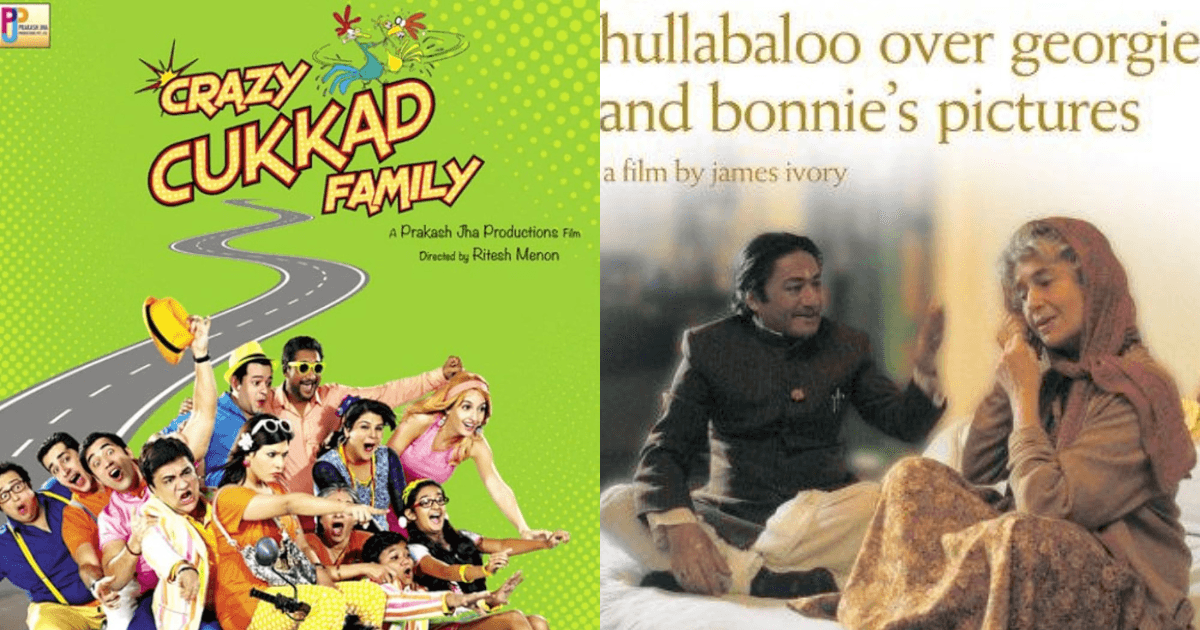Diljit Dosanjh has been riding high with his global Dil–Luminati Tour. The much-loved Indian artist is currently on his India lap, covering major cities across the country. Recently, he performed in Hyderabad to a packed crowd of avid fans – but Dosanjh also had a bone to rightly pick with the state authorities.

His Hyderabad concert has been brewing headlines since the Telangana government sent him an official notice desisting him from performing songs that were promoting drugs, alcohol, and violence. Dosanjh followed the directive, and sang a tweaked version of some of his popular songs such as Lemonade and 5 Taara. However, the celebrated artist didn’t let the matter slide.
In a viral clip shared by his team, Dosanjh called out the hypocritical attitude of the state government. He charged them for not enforcing similar regulations upon international artists who came to perform in the city. Here’s the video:
His resentment with Telangana government’s unfair rules became a talking point even at his Ahmedabad concert, where he discussed the issue of banning ‘questionable’ song lyrics more openly. Licensed liquor shops, Dosanjh cleverly quipped, were not shut down even during the pandemic lockdowns in India because it’s a massive revenue source for the government. Thus, the youth shouldn’t be fooled, and he’ll stop singing tracks on alcohol when all the liquor stores in the country are shut down. The globally-acclaimed singer also said that he wasn’t a newbie that he’ll get worried by such challenges – he can easily rehash the lyrics while keeping them just as enjoyable and entertaining.
The singer even called for starting a movement if the issue is so irksome to state administrations, presenting two solutions or ‘offers’ as he called them. Dosanjh claimed that whenever all the states in India declare themselves as a dry state, he’ll quit singing songs on alcohol from the next day onwards. He also suggested that the he’ll not perform such titles if the government declares dry day in the places he’s touring.
A humungous army of fans came to his support and applauded him for taking up this legitimate issue.



Ironically, Diljit Dosanjh’s ordeal is a bit similar to what he portrayed in his acclaimed Bollywood film Amar Singh Chamkila, and highlights a valid concern as a performing artist. To begin with, art and society aren’t two separate, air-tight containers that comprise our world – both intermingle freely and reflect each other. Hence, Dosanjh’s choice of songs cannot be solely blamed and censored for having a so-called corrupting influence on people in his concerts. And if this is indeed the case, then rules must run likewise for everyone without any hypocrisy, irrespective of whether a local or an international artist performs.
Besides, the many local music and film industry in India exercise a certain degree of freedom when it comes to presenting alcohol, for one. Dosanjh’s discography, therefore, is allowed just as much to explore the subject under reasonable restrictions – which it isn’t flouting. Like he said in one of his reels, he didn’t become an overnight success; he’s been working diligently for a long time. If we needlessly inhibit artists when they’re reaping due rewards of years of hard work, it’s an insult to their talent and journey. However, if precedents must be set, they should include everyone equally, including the very authorities that impose the restrictions.

















